No one can deny the power of music. It can stir up emotions within us, soothe and calm, excite and stimulate and sometimes makes us want to dance.
Moving to a rhythm, dancing, beating a drum, performing actions and singing the words of familiar songs are fun and engaging ways to stimulate your child’s social, cognitive and verbal development.
In many ways the rhythmic quality of language is similar to that of a song. Every parent will remember the gurgles, screeches and funny sounds that their baby made in the early stages of development. Listening to singing can help develop a child’s speech and language skills and pitch sensitivity.
Scientific research confirms that there is a strong relationship between musical perception and language. Research indicates that language processors in our brain help us to process harmony in music.
Incorporating music and songs into your child’s routine will give them the opportunity to practise- repetitive words and sentences, varied and exaggerated intonation patterns, simple sound effects, and early developing sounds.
Many of the songs we sing to our children rhyme. Being able to discriminate between rhyming and non-rhyming words and being able to produce rhyming words are important skills that are precursors to reading success.
Singing nursery rhymes provides a bonding experience and exposes your child to new vocabulary.
Music and singing also promote social interaction. Music can transform a quiet and withdrawn child into an active verbal participant. Children are particularly responsive when the music comes directly from their parent, as opposed to recorded music, and encourages the development of reciprocal communication.
Singing songs is an activity associated with lower communication pressure. The reduced rate during songs can help your child achieve the placement of the tongue and lips for the correct production of sounds and words.
Singing also aids auditory memory. This includes skills for hearing, processing, retaining and recalling information presented verbally, which are imperative for academic success.
Rhymes and songs provide great building blocks for creative dramatics. Children love to re-enact songs, dramatising the actions of the characters with their hands and bodies. Songs can be turned into plays and puppet shows, allowing your child to further practise pitch, volume and voice inflection.
“Every moment is a note, every situation is a song, and every person is a player” – Rachel Arnston.
By Kerry Belgrove from Kerry Belgrove Speech & Language therapist
Photo credit: Freepik.com









